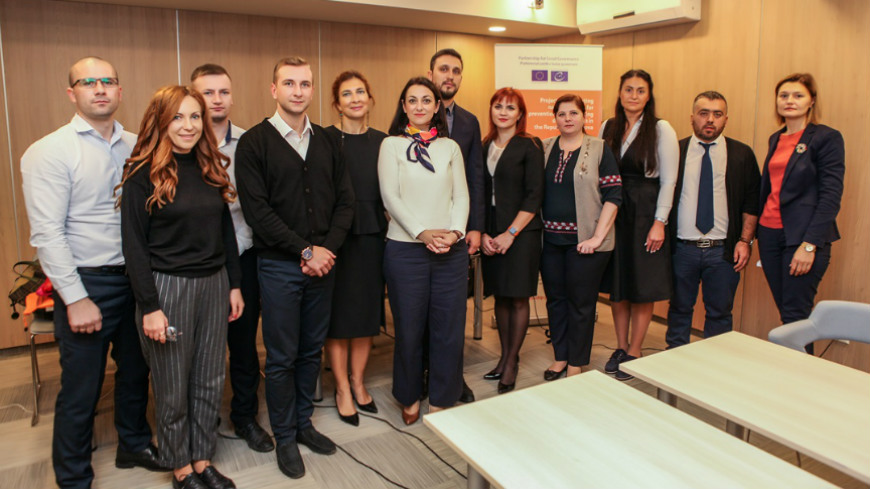The Council of Europe's human rights training for legal professionals (HELP) online course on anti-discrimination issues was launched for a group of 34 judges, judicial assistants and lawyers of the free legal aid system in the Republic of Moldova. The course will be implemented as part of the activities of the joint European Union/Council of Europe project to support the national efforts to prevent and combat discrimination in the Republic of Moldova, which is part of the Partnership for Good Governance programme.
The event was opened by Olga Dorul, representative of the Moldovan National Institute of Justice and HELP national tutor, and Ana Medarska-Lazova, HELP Project Officer. Following the general introduction to the HELP Programme, the participants learnt about the basic concepts and current challenges of anti-discrimination issues fromIvana Roagna, international consultant. The national tutors of the course also offered an overview of the national adaptation available to the participants during the course implementation. The event was rounded-off with a practical demonstration on how to use the HELP online platform.
The course will be tutored by Olga Dorul and Dumitru Sliusarenco and will be implemented over the coming weeks. Successful participants will be certified by the Council of Europe. The HELP course on anti-discrimination issues is one of the most demanded HELP courses, available in 16 languages on the HELP online platform. It comprises five modules:
- Introduction to anti-discrimination issues
- Discrimination of Roma
- Discrimination on the ground of sexual orientation and gender identity
- Discrimination of disabled persons
- Discrimination against minority community on grounds of race, religion, ethnicity or national origin
The model course in English was updated and modernised in summer 2018 by Ivana Roagna. The Moldovan participants are the first to benefit from the updated version of this course.

